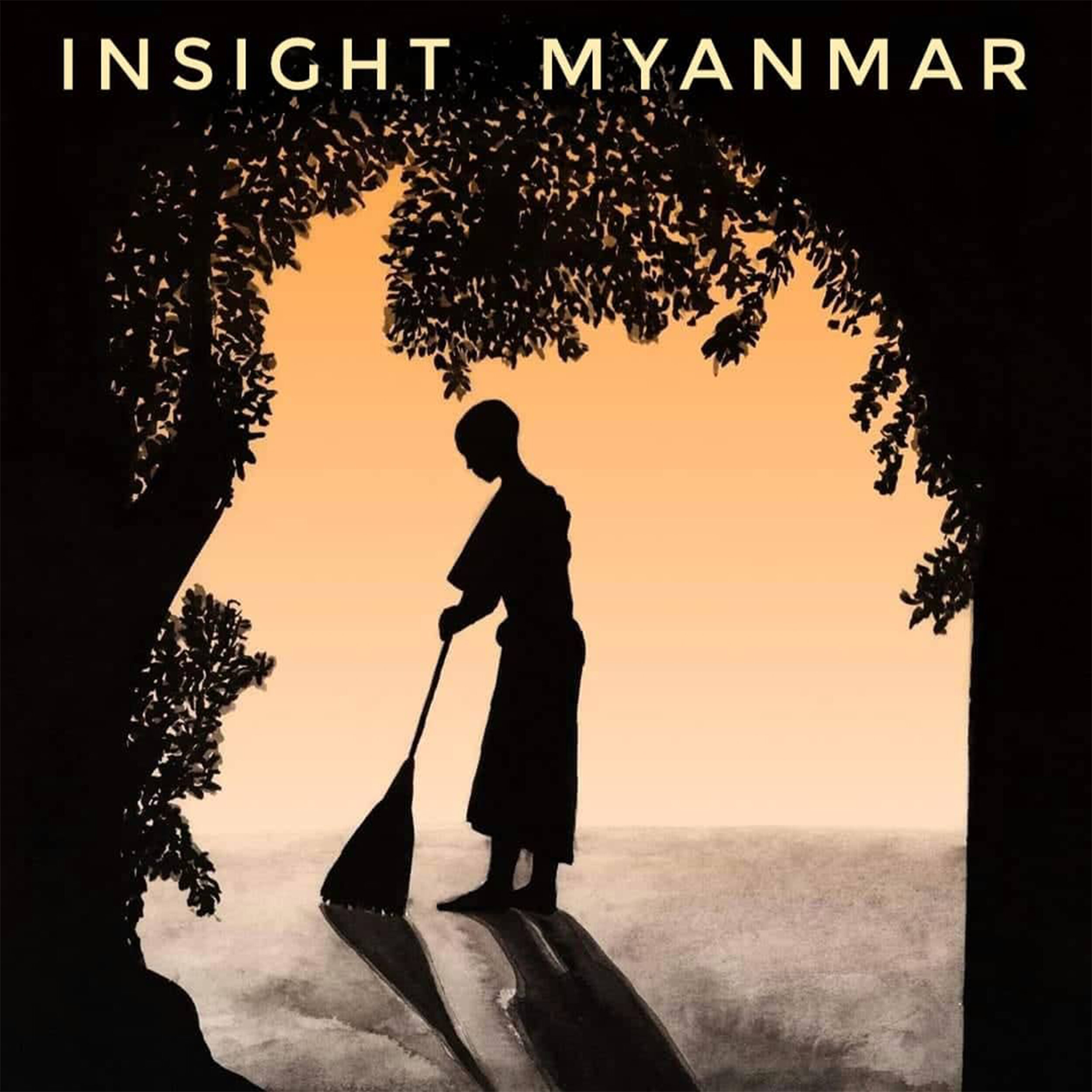Burning the Midnight Oil
“US entities cannot provide financial services to Myanmar Oil and Gas Enterprises [MOGE] or any sort of subsequent entity, like MOGE can't just like change their name and then get exempted,” says Michael Haack, explaining the latest round of US sanctions that went into effect. This is his fourth time speaking on the podcast. He first gave an overview of his two decades of advocacy supporting Myanmar; then spoke on the Burma Act, which he helped to pass; and appeared on a panel discussing the lack of international support for the democracy movement.
In this episode, Haack explains that these sanctions also mean that US banks can’t make loans available to MOGE, nor can they facilitate transfers. “That might sound like not that big a deal,” he acknowledges, but then points out that because MOGE is the biggest source of foreign exchange for the military, and that most trade happens in US dollars, this is actually more significant than it initially looks. “By cutting this off, it provides a hurdle to the Myanmar military to fund itself,” he says, but then quickly adds, “it's not going to be a game changing hurdle.”
In contrast, he addresses the EU’s sanctions, which he describes as much more effective because they “led to the Bank of China actually putting the money that would have gone to MOGE into escrow, so the Myanmar military wasn't receiving that money.” He praises the broad effects that these sanctions had, to the extent that even China felt compelled to follow them. On the other hand, he notes that the US sanctions were written “with Thailand in mind,” pointing out that they don’t prohibit Myanmar from selling its gas to their eastern neighbor. This is because, in Haack’s opinion, the US prioritizes its relations with Thailand over Myanmar, and acts in ways that satisfy Bangkok at the expense of opposing Myanmar’s regime. The irony is that studies have shown that Thailand is not all that reliant on imported gas from Myanmar, and some have posited that the cozy relations between respective militaries is to blame for keeping the pipeline flowing. Still, the net result is that with these current sanctions in place, Haack feels the regime’s revenue has been scarcely impacted by the US sanctions. Further parsing the Burma Act wording, Haack notes that the original version had much stronger language with regards to MOGE, but the final draft was watered down, which he credits to intensive lobbying by Chevron.
Haack allows that the current sanctions still do some good, in spite of their serious flaws. “It’s going to be harder for [the regime] to get dollars, and so it will be harder for them to buy the things that they need for weapons of war,” he says. Yet he again adds, “I don't think it's going to be enough that it's going to tip the balance.”
He points out that the US has long been hesitant to limit Myanmar’s energy sector, and how its first round of sanctions instead targeted the garment industry. “They went after the most vulnerable people in Burma,” he notes, referring the many young women who lost their jobs as a result. “We ended up having a blanket ban on apparel imports. And at the time, apparel was a quickly growing industry in Burma, and the US was about 50% of Burma's apparel market.” Echoing what recent podcast guest Jack Myint said about US sanctions historically functioning more as a moral victory than a practical solution, Haack finds that they operate within a kind of “semiotic loop.” He explains: “We'll give good news from Burma to think tanks, and then a lot of people in the US will repeat it, and then it gets broadcast back into Burma. But it often doesn't mean all that much!” In other words, no one wants to feel helpless that the bad guys remain in charge with impunity, and so small victories become exaggerated in order to feel that substantive change is actually taking place. “Everybody wants to feel informed, but nobody wants to do the amount of research necessary to actually be informed! So this creates a market for people to sell simple narratives that make you feel good, but unfortunately, that amplify bad decisions and bad understanding of circumstances.”
Haack characterizes Myanmar as a “a low information environment,” and so as a result, big decisions get made on narratives stitched together by cherry-picking feel-good stories. In describing how that sausage gets made, so to speak, he notes that that it involves a “pretty diverse coalition of people that includes religious folk, like the Baptists, human rights groups, and then you have the influence of corporations over the US government, and then the US is concerned about its allies. And all of those things boil together to make a decision.”




